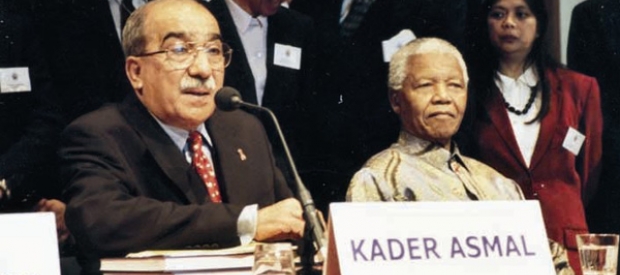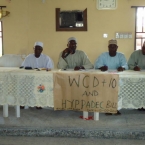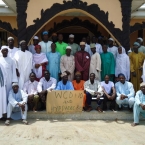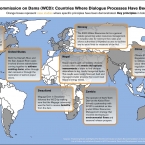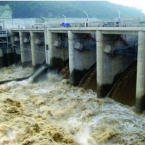The World Commission on Dams
The World Commission on Dams (WCD) established the most comprehensive guidelines for dam building. The WCD's final report describes an innovative framework for planning water and energy projects that is intended to protect dam-affected people and the environment, and ensure that the benefits from dams are more equitably distributed.
The WCD framework covers key areas for improved planning of dams, including the need to fully assess all available options for meeting water and energy needs; addressing outstanding social issues from existing dams before building new ones, gaining public acceptance for key decisions, and the importance of protecting healthy rivers. The WCD recommendations form the basis for many decision-making processes for dams around the world and constitute international soft law. They are also being adapted to national contexts in various public dialogue processes around the world.
The commission was a global multi-stakeholder body initiated in 1997 by the World Bank and the World Conservation Union (IUCN) in response to growing opposition to large dam projects. The Commission had a mandate to review the development effectiveness of large dams and develop internationally acceptable guidelines for the planning, construction and operation of dams. The WCD found that while "dams have made an important and significant contribution to human development, and benefits derived from them have been considerable... in too many cases an unacceptable and often unnecessary price has been paid to secure those benefits, especially in social and environmental terms, by people displaced, by communities downstream, by taxpayers and by the natural environment."
The WCD's final report, Dams and Development: A Framework for Decision Making can be downloaded in its entirety (including a large library of supporting documents). Read our brief summary of the WCD report, or download our Citizen's Guide to the WCD, which summarizes key findings and describes how community groups can use the report to improve water and energy planning.

